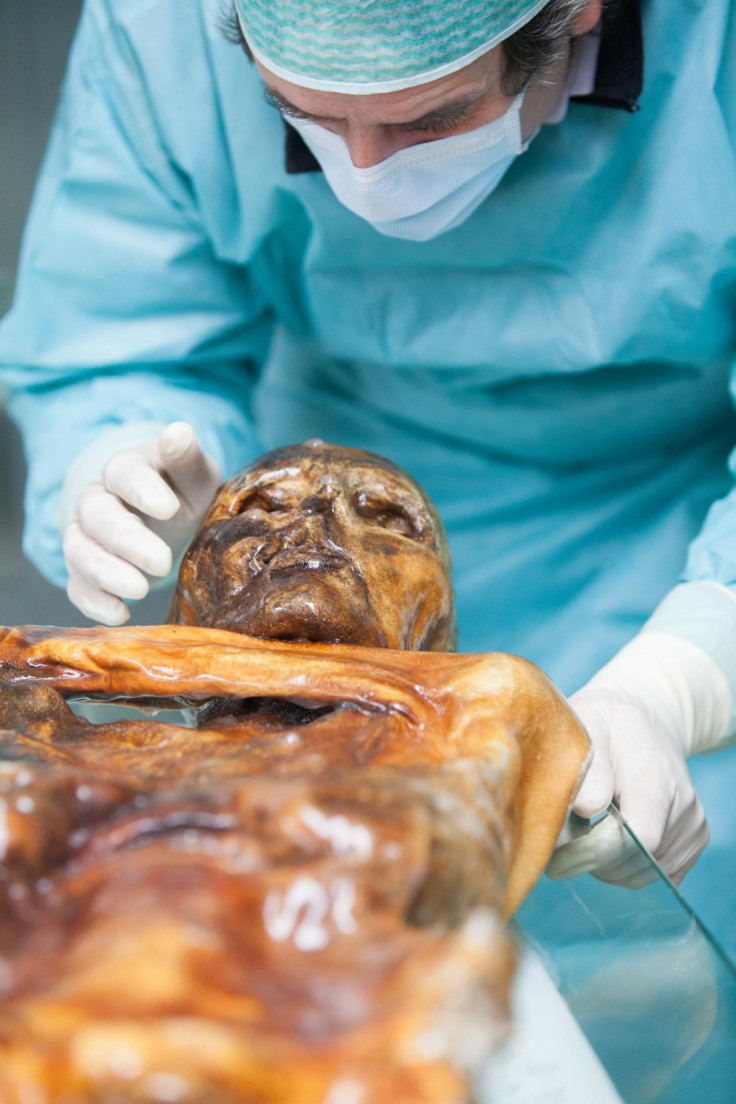Bacteria in the stomach of Ötzi the Iceman changes theories of ancient human geography

A certain type of bacteria that changed as humans migrated around the world has been found in Ötzi, the 'Iceman'. The discovery has led scientists to change their theories on ancient human geography.
The bacteria, Helicobacter pylori, is found in half of all humans today, but with different strains of the organism. A European strain of H pylori is believed to be the product of the African and Asia strains. Seeing as Ötzi was discovered in the Ötzal Alps, Italy, researchers had reason to believe the bacteria would be the European strain.
"We had assumed that we would find the same strain of Helicobacter in Ötzi as is found in Europeans today," said Thomas Rattei, computational biologist at the University of Vienna." It turned out to be a strain that is mainly observed in Central and South Asia today."
This discovery is significant as it shows the European strain of the virus did not exist during Ötzi's existence. This is because the bacteria historically followed humans as they migrated across the globe – if Ötzi was in Italy, and the European bacteria was not, it did not exist.

"We weren't sure whether Ötzi had H pylori in his stomach and whether the DNA of the bacteria survived over time," said Albert Zink, co-lead author of the research. He told IBTimes UK: "In the end, we were more than happy that we could find it, and that we were able to reconstruct the entire genome."
The 5,300 year old reconstructed genome showed that the South Asian strain of the bacteria was highly venomous. The same bacteria can go on to cause gastritis or stomach ulcers in 10% of infected people today.
"Whether Ötzi suffered from stomach problems cannot be said with any degree of certainty," said Zink. "[This is] because his stomach tissue has not survived and it is in this tissue that such diseases can be discerned first. Nonetheless, the preconditions for such a disease did in fact exist in Ötzi."
The researchers are now planning a number of other studies to build on this discovery. Research projects are being planned in South America and Asia already, to investigate Helicobacter pylori.
Zink also wants to use this research to further examine Ötzi. He said: "The next steps will be to further analyse Ötzi's stomach content, and to understand how his last meal was composed as well as what other bacteria have been present in his guts."
© Copyright IBTimes 2025. All rights reserved.






















